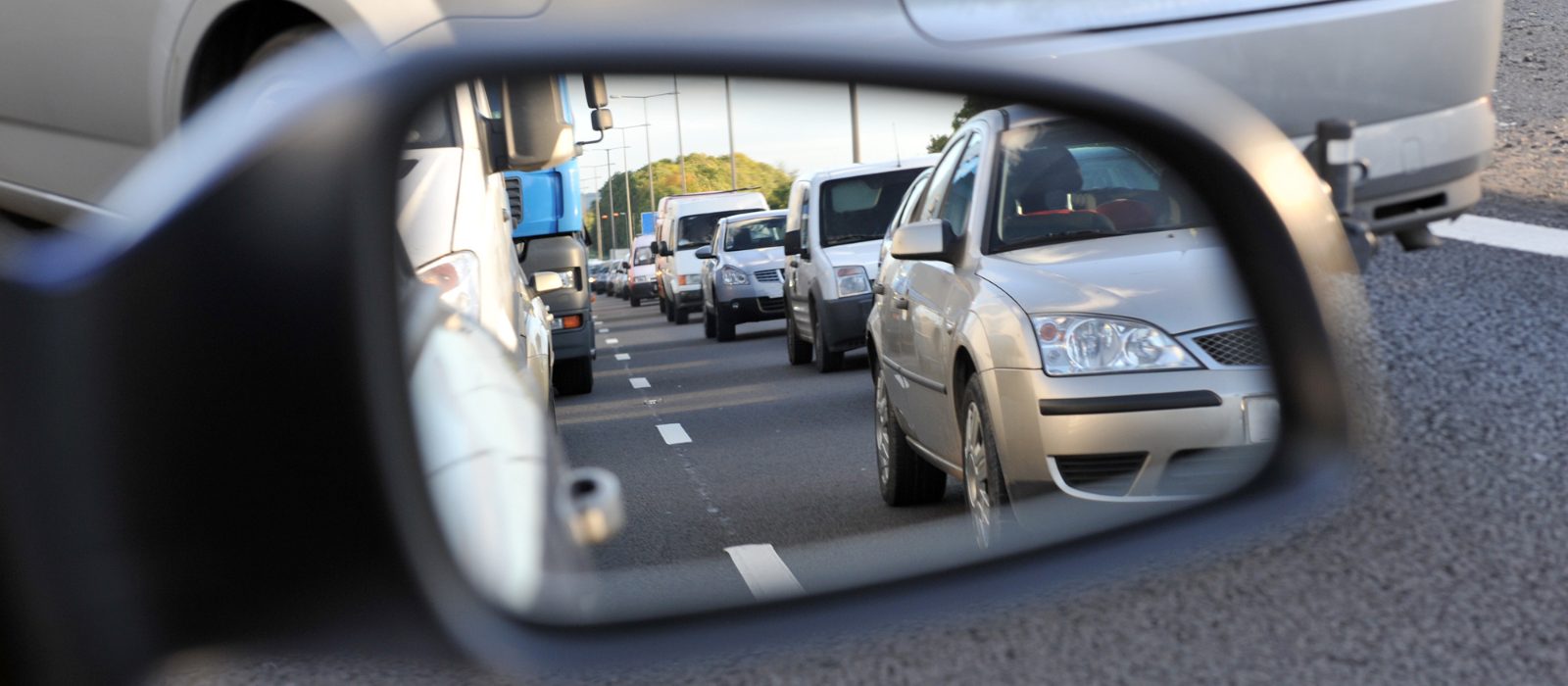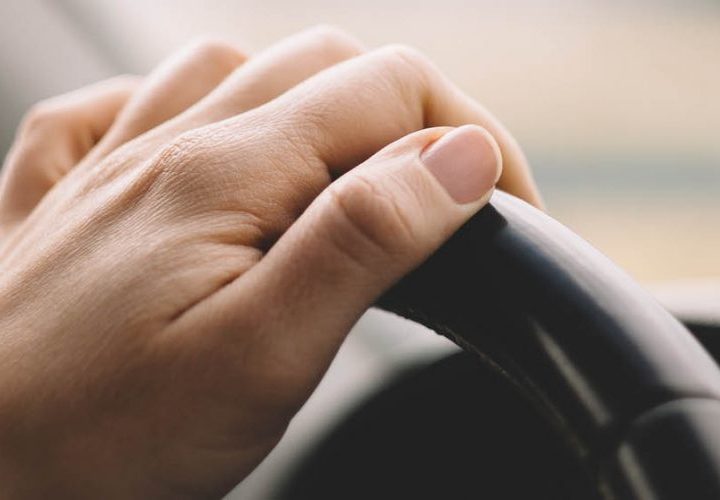There are millions of cars on the road in the UK in 2023. For the most part, we’re just trying to get from A to B safely and quickly. Whether commuting or just having a leisurely day out, most of us don’t intend to commit a driving offence. However, if you take your eye off the ball for a minute when driving, you could be reaping the life-changing consequences.
For the most part, motoring offences come with an unwanted fine, or a mandatory day’s course. Other offences however, can come with a much more severe punishment. For example, points on your licence, which over time can add up and lead to disqualification of your licence, or you could receive that disqualification from the outset, if it is deemed necessary.
We have often come to rely on our cars in our everyday life, so having your license disqualified can be a massive impact. Family life may become increasingly difficult, especially if you have children and/or were the only driver in the household.
Losing your license can even cause you to lose your job. For some companies having a car and full clean driving license is a necessity. If your motoring offence was severe, you may lose your job based off that alone.
Whether you weren’t paying attention to your speed on the motorway, or if you simply parked in an area you didn’t realise was prohibited, you unfortunately have to pay the price of the penalty, however annoying or unwanted.
Different Types of Offences
We have created this handy guide to the different types of driving offences, some of which are commonly known to be illegal, while others may come as a surprise.
Dangerous and careless driving – This is an umbrella term which can cover a range of driving offences, some of which carry a harsh sentence and put people’s lives at risk. These offences include:
- Dangerous driving;
- Causing death by dangerous driving;
- Motor manslaughter;
- Careless and inconsiderate driving;
- Causing death by careless driving whist under the influence of drinks or drugs;
- Causing death by careless or inconsiderate driving;
- Causing death by driving whilst unlicensed.
Drink driving – You should never get behind the wheel if you are over the limit of legal alcohol consumption for driving. This offence can create serious risk to life.
We find that often people are not aware of the legal alcohol consumption limit before driving, this is roughly three units of alcohol for women and four units for men. Which is measured by milligrams of alcohol to millilitres of blood. However, this is only a rough guide as it can be affected by lots of variables including medication or food consumption.
In England, Wales, and Northern Ireland the current drink driving alcohol limit for all drivers is 80 milligrams of alcohol per 100 millilitres of blood.
Drug driving – Driving under the influence of illegal drugs is strictly prohibited. You are putting not only your own, but other people’s lives at risk. This offence can also carry a risk of custody and a lengthy ban.
However, people are usually unaware that they could be classed as a drugged driver if they have taken over the limit of some over-the-counter drugs, like pain killers. These can include Ibuprofen or Codeine tablets, which can affect your ability to drive and reaction times. Even if you don’t feel impaired it is always recommended you proceed with caution.
There may be special reasons for the commission of these offences. These special reasons may be one of the following:
- If you were spiked and got behind the wheel without knowing you were under the influence.
- If an emergency situation left you with no choice but to drive.
- Shortness of distance driven.
However, these reasons must be proved and they are extremely narrow in application of law.
There may also be some issues that arise if the police have failed to comply with their requirements. These are as follows:
- If the police failed to follow legal procedure when processing you after your arrest.
- If the arresting officer failed to take the blood or breath specimens in the manner required by law.
Mobile phone offences – Using your mobile phone whilst driving to make a call, text, or scroll for the perfect song is illegal as it leads to a lack of concentration whilst driving, which can cause a crash and risk to life.
It is illegal to:
Cause or permit the use of a phone by the driver (i.e. to use a satnav or any other device whilst driving)
To supervise a provisional licence holder who is using a mobile phone
But did you also know that recent changes to the law mean that it is illegal to touch your phone for any reason whilst behind the wheel unless the following apply:
- Call emergency services
- Using phone payments at drive throughs
Failure to provide information – This usually occurs when people do not fill in and return their s.172 notice which is the notice sent by police to obtain the details of the person who committed the offence.
Usually this can lead to a conviction in absence if people miss the letters and were unaware of the initial offence.
Failing to provide driver details (failing to furnish) is punished by 6 points on license.
There is a defence if you have a reasonable excuse as to why you failed to respond to the notice.
Totting up disqualification and exceptional hardship
As discussed many of the above motoring offences carry with them a risk of penalty points. The amount of points for each offence may vary dependant on numerous factors.
The law allows you to obtain up to 12 points on your license at any one time before you are at a risk of disqualification. If you are found to have 12 or more points you face a 6-month disqualification.
If a disqualification would cause yourself or people close to you hardship then there may be an argument of exceptional hardship available.
Exceptional hardship is an argument to bring before the court to say that, if you were to be disqualified, yourself or people around you would suffer exceptional hardship as a result.
As the name suggests the hardship must be exceptional and things such as a loss of employment do not necessarily qualify as exceptional.
If the court find the existence of exceptional hardship the points will remain on your license but you will be allowed to continue to drive. However, if you accumulate any more points during the time you have 12 or more this will lead to your disqualification.
You are not able to use exceptional hardship if you have successfully argued it within the last 3 years.
Other driving offences
There are a number of other offences including:
- Speeding offences
- Parking offences
- Traffic light offences
- Driving without insurance
- Failure to provide a specimen
How We Can Help
Hiring a specialist driving offence solicitor can be your best chance at achieving a reduced fine or sentence. They will look at possible mitigating circumstances for you, as we have noted earlier, in the event of a spiking or emergency.
If you are facing a lengthy sentence or complete driving ban, this can be a very stressful time for an individual and it is often hard to know what the next step is. Hiring a specialist solicitor can take a lot of that stress away and can also help assist you in applications for an early reinstatement of your driving licence.
Farleys Solicitors can offer a wide scope of legal advice and representation, including for motoring offences. If you have been convicted of a motoring offence and would like some advice, get in touch with one of our specialist driving offence solicitors today.








